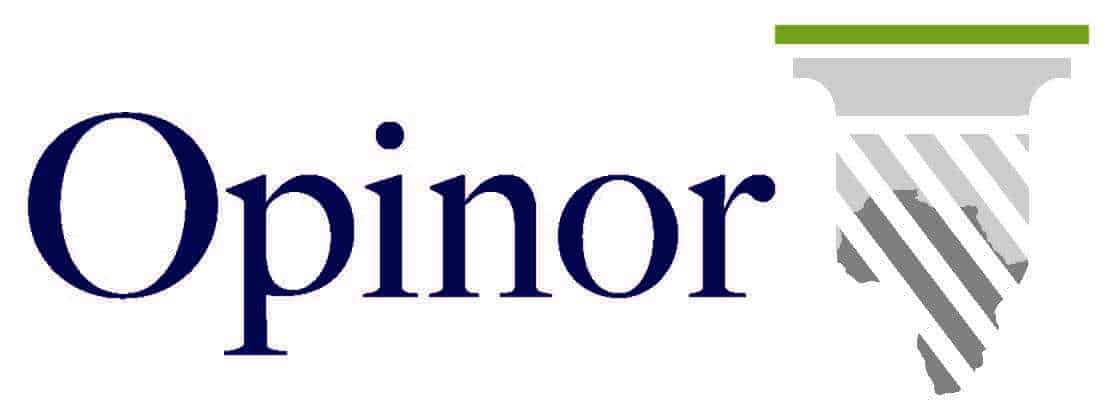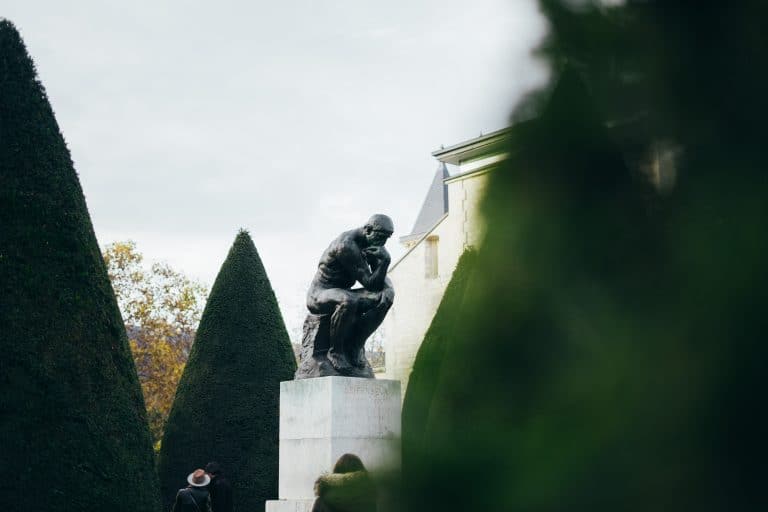Loving your neighbour as you love yourself, taken as a divine instruction
To anyone wishing to do business in South Africa or with the South African government, the idea of race-based preferential practices is not a new phenomenon. On the contrary, it forms part of the existing dispensation to such an extent that businesses regularly make appointments or even create sections aimed specifically at dealing and complying with Black Economic Empowerment (BEE) and all the concomitant requirements. Much has been written, argued and quarrelled about this theme, but the president’s repeated remarks that BEE “is here to stay” has brought the theme to the surface again, where it continues to be tossed about by the waves of opinions and analyses. There is a plethora of stereotyped points of view and clichés on either side of this issue, in most cases of a technically legal, constitutional or generally neo-Marxist nature. What often is lacking is comment based on religion, a situation that is unusual in a country as deeply religious as South Africa. Initial thoughts regarding such a view are presented below.
The Gospel according to Matthew, the first book of the New Testament, in chapters 19 to 23 relates how Jesus was challenged by the scribes in Jerusalem on various matters, including wealth, marriage and temple service. Near the end of Matthew 22, one such teacher of the Law, a Pharisee, tried to trap Jesus with the question: “Which is the greatest commandment in the Law?” The answer, perhaps one could say the well-known answer, is as follows:
Love the Lord your God with all your heart and with all your soul and with all your mind. This is the greatest and the most important commandment. The second most important commandment like it is: Love your neighbour as you love yourself.[1]
The last sentence, that the Christian must love his neighbour as himself, is of particular relevance to this theme. But what on earth, one might ask, does loving one’s neighbour have in common with Black Economic Empowerment? Maybe the question should be what loving one’s neighbour really is, and whether an authority has the right to go against a divine injunction, such as in Matthew 22:39. If these questions are studied more closely, one discovers that there is more to this matter than meets the eye.
The Protestant political thinker Johannes Althusius (1560–1638), a thinker about whom, alas, not nearly enough has been said and thought, in his timeless and brilliant book Politica[2] presents an interpretation of Matthew 22:39 that has been echoing effortlessly through the ages and that even today serves as a light in the dark. He wrote:
The entire second table of the Decalogue[3] pertains to this: “you shall love your neighbour as yourself”; “whatever you do not wish to be done to you do not do to others,”; “live honourably, injure no one, and render to each his due.” Of what use to anyone is a hidden treasure, or a wise man who denies his services to the commonwealth?[4]
What is the use of a hidden treasure? To Althusius it is clear that man has received talents precisely to use them to promote the common good. Anyone who refuses to use his or her talents for bringing about a good or at least a better community, is not only making a mistake but is committing a sin. You must give your very best – just think of the poor widow we know from the Gospel according to Mark, this women who brought her two coins is praised because “she, poor as she is, put in all she had”.[5] She did not withhold her best.
When every member of a community presents his and her best for the common good, that is their talents, their products or their services, then of course the community is free to select and use the best talents, products and services from among those presented. What is best, inevitably are the talents, products and services which, based on merit, best meet the needs of the community, possibly taking into account suitability, adequacy and affordability. Therefore, if a community needs a new tarred road from one town to the next, then Matthew 22:39 according to Althusius’ interpretation would mean that the town’s civil engineers would all have to submit their tenders for consideration so as to serve the community. Based on the suitability of the tenders, the degree to which they address the problem, and the price asked for the work, the community – through officials appointed on a similar basis – would make the best decision for the common good. A tender that is faulty, does not address the entire problem or is unaffordable, would inevitably be rejected, but eventually merit is used as sole criterion to find and accept the best bid. Following this process, the community now can travel more easily from town A to town B, do business more easily, socialise and flourish.
What would now happen if this or a similar approach of merit is put aside and replaced by another criterion, one that does not have the best interests of the community at heart but that pursues an alternative objective, often an utopian or a political objective? Therefore, at the most abstract level, what would happen if person A is prevented from submitting his tender, even if this tender could be the best, based on merit? The first consequence of such a decision would be that person A cannot live up to the Biblical injunction of loving one’s neighbour, because he or she is prevented by a law or provision, by an authority, from presenting his or her talents, products or services. So, if the logic so far is accepted, we already have a moral dilemma for the Christian: Religion demands precisely what authority prohibits. The second consequence of such a decision would be that the tender might be awarded to a person or organisation that is not the best, because a better tender has been prohibited. The result is that the community is forced to accept a bid that is not the most suitable, most adequate or most affordable. The community suffers: either by the unnecessarily huge blow to the bank account, or by the inadequate benefit gained from the talent, service or product, or by an inadequate solution to the initial problem – necessitating yet another tender.
In summary, returning to BEE and the way tenders are awarded under ANC guidance, it should be obvious that such legislation is preventing millions of people from fully loving their neighbour by presenting what they have to offer. It should also be obvious that eventually it is the community that suffers. That the community in South Africa is also suffering under this system appears from the candles in our homes, the diesel in our generators and the damage to the wheels of our vehicles. That the individual is prevented from giving his or her best also appears from the large numbers of South African scholars in Amsterdam, Toronto and Sydney, while in Pretoria, patients at state hospitals are treated by Cubans speaking broken Spanish.
[1] Matthew 22:39. The Holy Bible Good News Edition, 1988.
[2] The third version of Althusius’ Politica, published in 1614, is available free of charge at: https://oll.libertyfund.org/title/althusius-politica. The quotation is from Book I.
[3] Decalogue means “Ten words” in Greek, and in theological terms it always refers to the Ten Commandments, which according to Exodus 20:1–17 were given to the Israelites in the desert as a guide for them to live by. The second table, referred to by Althusius, is commandments 5–10, the commandments pertaining to the relations among people.
[4] Free translation from the English translation from Latin by Frederick Carney. My emphasis.
[5] Mark 12:44.







